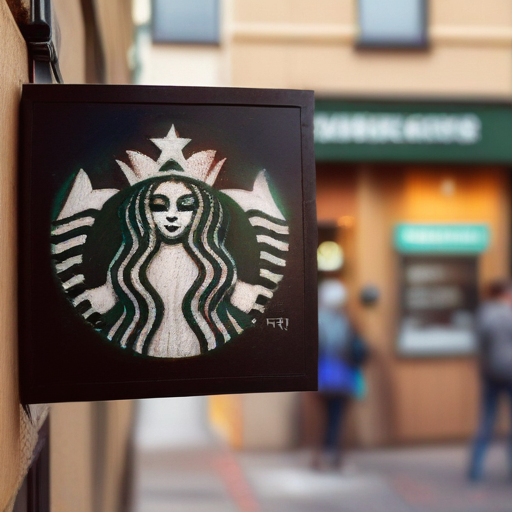Starbucks is set to implement a new policy that will require customers to make a purchase to access the facilities in its cafes, including restrooms. This decision marks a significant change from the open-door bathroom policy adopted in 2018, which was introduced after the controversial arrest of two Black men at a Philadelphia location. The new policy is part of CEO Brian Niccol’s broader effort to enhance profitability and customer experience at a time when the coffee chain is witnessing a decline in sales.
The company outlines that this new code of conduct is a common practice among retailers and emphasizes that their spaces are meant for the use of paying customers. This policy will be put into effect across Starbucks’ more than 11,000 locations in North America later this month, requiring employees to undergo a three-hour training session to facilitate the transition.
While Starbucks aims to create a welcoming environment reminiscent of a “third place” for community engagement beyond home or work, this shift presents challenges, particularly for individuals with specific medical needs or vulnerable populations such as pregnant women who may depend on accessible restrooms. Public access to bathrooms has long been a pressing issue in the U.S., leading to initiatives like social media accounts dedicated to identifying accessible facilities, especially in urban areas.
As companies like Starbucks navigate changes in consumer behavior and preferences, the balancing act of maintaining a welcoming atmosphere while ensuring financial sustainability becomes increasingly crucial. The emphasis on a more defined customer experience could serve to help restore community spaces that have diminished, especially in light of disruptions caused by the COVID-19 pandemic.
In conclusion, while the new restroom policy at Starbucks seeks to reinforce retail norms, it also highlights the ongoing challenges around public accessibility that many face in their daily lives, pointing to a need for systemic solutions in urban planning and retail operations in fostering inclusive community spaces.
